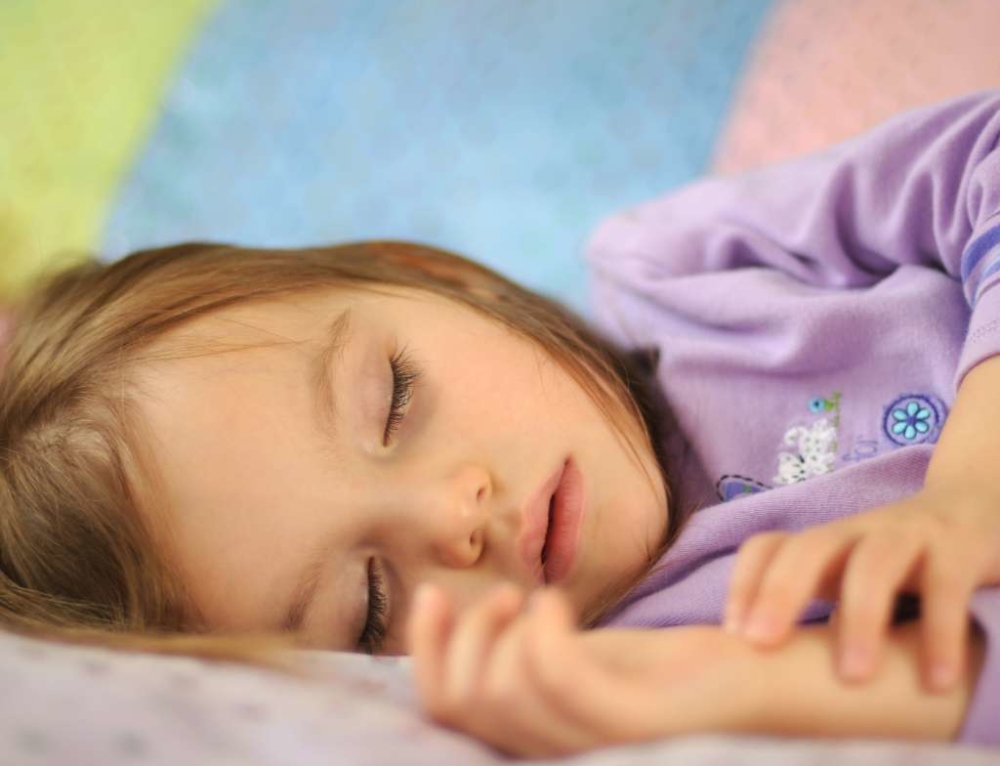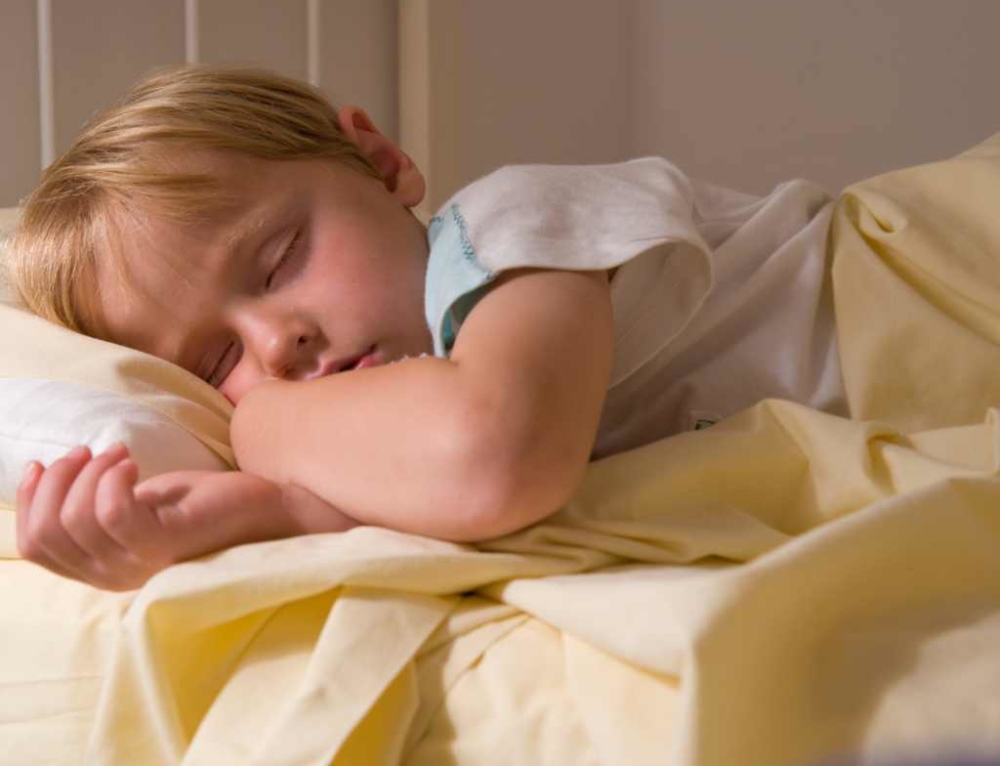Adenovirus, also called Human Adenovirus, is a group of common viruses that attack the respiratory tract, eyes, gastrointestinal tract, and bladder. There are currently more than 40 known adenoviruses. Adenoviruses cause about 5% of acute respiratory conditions in children under the age of five. It is also responsible for cause about 10% of cases of pneumonia in children under five.
Is it serious?
Despite these statistics, generally Adenovirus is usually not serious and rarely requires anything more than a couple of days of rest and recovery.
Can I prevent it?
Viruses are spread through contact with infected people. Children are particularly susceptible to viruses because they don’t always practice good preventive hygiene. Children can also spread viruses quickly at school, day care, and during activities with other children. Teaching children to wash their hands thoroughly and often can help reduce the spread of adenovirus. Children who share towels and toys are also particularly susceptible to the type of adenovirus that causes conjunctivitis.
How do I know if my child has adenovirus?
Illnesses causes by adenoviruses are hard to differentiate from other respiratory illnesses. Children often develop symptoms two days to two weeks after exposure. Depending on what part of the body is affected, symptoms may include:
- flu symptoms
- Cough
- Congestion
- Runny nose
- Sore throat
- Croup
- Pneumonia
- Diarrhoea
- Vomiting
- Headache
- Fever
- Ear infection
- Conjunctivitis
- Urinary tract infection
- Swollen lymph nodes
Your child’s doctor/paediatrician can tell you for sure if your child has adenovirus. The doctor can test for the virus using eye, throat, or nose swabs, blood samples, stool samples, or urine samples.
How do I treat adenovirus?
The treatment for adenovirus depends on what area of the body is affected and what symptoms your child has. If your child has flu-like symptoms, make sure that he gets lots of rest and that he drinks plenty of fluids to stay hydrated. It’s easy for children to become dehydrated when they have vomiting and diarrhoea. Treat muscle aches and other flu-like symptoms with paracetamol as directed. Don’t use aspirin to treat fevers and flulike symptoms due to the risk of Reye’s syndrome.
Use warm compresses or a prescription eye ointment or drops to treat conjunctivitis caused by adenovirus if your doctor recommends.
Should I call the doctor?
Call the doctor if your child has a high fever or his symptoms don’t get better within a few days to a week. If your baby appears to be sick, call the doctor right away. Most adenovirus infections get better within a week, but severe infections may last longer and require treatment. If your child appears to be getting worse, seems dehydrated , refuses to eat or drink, or seems tired and listless, contact his doctor. Many children often get over the infection quickly without mum even knowing that the sniffles were caused by adenovirus.
What you need to know about adenovirus
- Adenoviruses are a group of viruses that can infect the respiratory tract, urinary tract, eyes, and bladder.
- Adenoviruses are usually not severe but can cause infections from colds, to conjunctivitis (pink eye), to pneumonia.
- No virus is fully preventable, but to reduce the risk of getting or spreading adenoviruses, teach your child proper hygiene habits.






Leave A Comment
You must be logged in to post a comment.